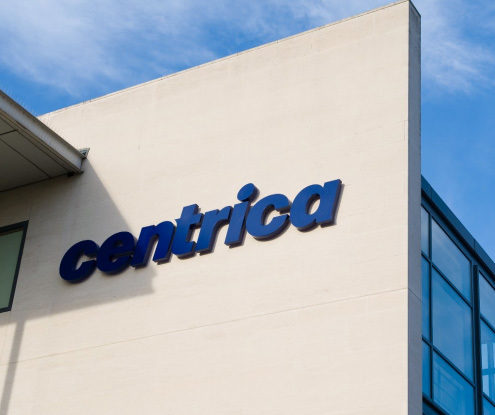Electricity grids, distribution and generation infrastructure, form highly complex systems. Traditionally, grids have been built around controllable fossil generation supplied to end consumers at fixed prices.
Electricity has tended to be expensive compared to using fossil fuels directly, where it is possible to do so. This is due to a combination of factors such as energy losses in generation, the difficulty of storing electricity, and the absence of any price incentive to encourage consumers to time their demand efficiently.
The technical landscape is constantly evolving, and this has significant implications for the potential to decarbonise. From advances in battery technology that have enabled the incredible efficiency of electric motors to be used more widely, to heat pumps that can provide greater energy efficiency than the direct use of fossil fuels in space heating, the supply of electricity for these purposes can, in principle, come from renewable sources.
Consequently, transitioning the grid to renewables and electrifying demand sectors that still use fossil fuels, provides a means of decarbonising large parts of an economy rather than just those traditionally powered by electricity.
Addressing consumption
It is clear that delivering decarbonisation requires electrification and achieving this cost effectively necessitates optimisation across all components of the system, including consumption. Electricity is notoriously difficult to store, forcing generation to be varied continuously throughout the day to match changes in consumer demand.
The challenging job of managing these mismatches, by coordinating generation and storage assets, falls to the National Electricity System Operator (NESO). It is helped by the existence of a market for half hourly prices throughout the day which can disincentivise consumption at some times, through high prices and encourage consumption at others.
Large consumers and producers of electricity are actively involved in this market. However, domestic consumption accounts for 29% of electricity demand and it is obvious from the peaks in power prices early in the morning and in the evening, that domestic consumers are driving some of the intra-day mismatches. This is backed up by data from smart meters that monitor actual consumption.
Shifting behaviour, increasing efficiency
Consequently, influencing the behaviour of both domestic and corporate consumers is essential to increasing the efficiency and reducing the cost of the overall energy system, particularly given the growing needs of EVs and heat pumps.
Exposing consumers to intraday pricing is an essential ingredient in this process. There have already been successful trials by NESO in which consumers were paid to switch off at times of particularly high demand, through its demand flexibility service. Some energy suppliers are encouraging consumers with smart meters to shift the timing of their demand through products that provide half hourly pricing to take advantage of better value electricity.
While smart metering is fundamental to achieving this, the roll out of these devices to households has not been without its challenges and controversies. These problems need to be resolved and the roll out of smart meters completed along with full integration of household appliances to increase the optimisation of demand.
As well as driving decarbonisation, increasing the flexibility of demand can have several long-term cost benefits for consumers. Smoothing out peaks in demand can enable more efficient use of electricity distribution infrastructure, reducing the need for costly improvements to distribution capacity to meet the overall needs for greater electricity demand for EV charging and heat pumps.
Further, making better use of renewable energy at times of strong supply can reduce the problem of having to disconnect excess production to manage supply for which producers are reimbursed. This would enable the grid to accept a higher proportion of intermittent renewables in the generation mix.
The Covid pandemic showed that we can adapt our consumption patterns rapidly, switching seamlessly from high-street consumption to sofa-based shopping. It also showed that people can accept changes when it is made clear to them why there are necessary.
Given that the Department for Energy Security and Net Zero’s surveys show that the general public sees the transition to net zero as being positive for the economy of the UK in the long term, perhaps it is time for us all to embrace the rise of renewables and change our behaviour to enable the energy transition to accelerate.
Recommended for you











